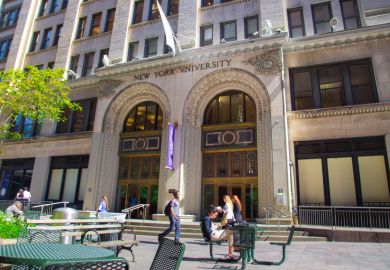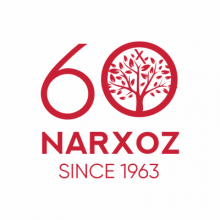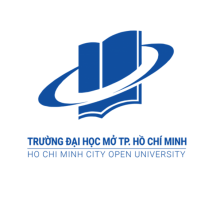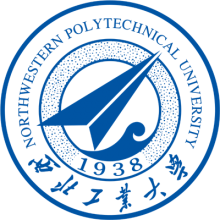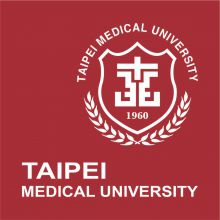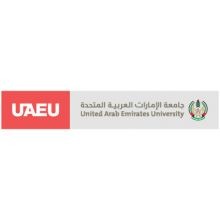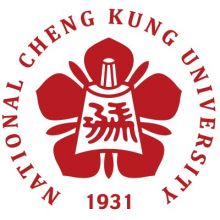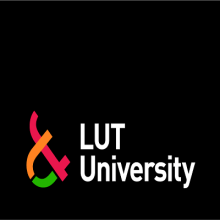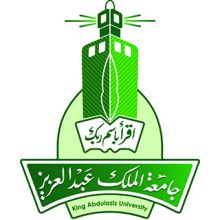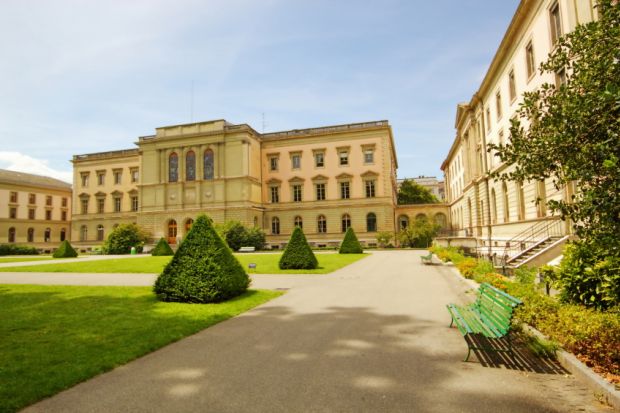
View the 200 most international universities in the world 2016
Stella Sakellaridou shares her story and experience as an international student:
I am from Athens, Greece, and am currently a PhD law candidate at the University of Geneva (UNIGE). My first contact with UNIGE dates back to 2010 when, as an undergraduate law student at the University of Athens, I had applied for an exchange semester abroad through the Erasmus programme. Due to my keen interest in the field of international law, the University of Geneva ranked at the top of my choices, as Geneva – host city for so many international organisations, and the United Nations – offered the ideal environment for studying international law. Completely satisfied with my short-term exchange experience, after the acquisition of my LL.B. (2012) I decided to return and further advance my legal studies here. So far, I have completed two study programmes: a certificate in transnational law and an LL.M. in international dispute settlement (MIDS) offered jointly by the University of Geneva and the Graduate Institute of International and Development Studies.
The international experience
My experience as an international student has, overall, been positive; any challenges I meet are outside the academic programme, namely affordable housing and the general cost of living. First, Geneva is one of the most expensive cities in the world, so it is by no means student-budget friendly. Second, as Geneva hosts many students, interns at international organisations and young professionals in mobility, finding a place to stay is a time- and money-consuming process. Student residences remain the most affordable option – definitely not enough for the number of applicants – or there is flat sharing, which is rarely a “value for money” option. The rent is high in comparison with many other European student cities. On the other hand, student residences (private or of the university) are often not able to take in the incoming students. I hadn’t found a place until one week before my initial arrival in Geneva. On the positive side, I must mention the broad academic curriculum offered within a high-quality education system, the efficiently operating administration and infrastructure, and, above all, the international environment.
The social environment
Geneva offers an ideal multiculti environment. Socialising with my international classmates was quite easy at the start, and I soon expanded my social network by joining several student or interns’ groups via Facebook that often organise events and activities: fun and good times guaranteed! I am still friends with people from different countries whom I had met during my exchange term – and it’s been more than five years since then. However, socialising with the local students seemed to be more complicated, perhaps because of the “temporary” status of the international students. With regards to my compatriots, Greeks, I have met only a few, so there have not been many chances to frequently communicate in Greek. As a matter of fact, this turned out to be a plus, because this way I managed to substantially improve my skills in French and English.
University support
As mentioned before, the University of Geneva has a very efficient administration structure that goes beyond the enrolment procedure. The competent staff were also very helpful with issues to do with official documents, such as the residence permit and other procedural issues. Well in advance of my arrival they had provided me with practical information and guidance, including lists of student residences and particular renting rooms to apply to.
Upon arrival, we were welcomed and properly guided through well-organised orientation days, informative sessions, as well as language-advancing courses.
The academic experience
As I progressed with my studies from undergraduate to the LL.M. level and further, I mostly appreciated courses and classes being interactive and not purely theoretical, with opportunities for written essay assignments, educational trips, moot courts and conferences. During my exchange programme, as well as the certificate in transnational law, the majority of courses were taught in French while only a number of them were offered in English. In the MIDS LL.M. the working language was exclusively in English with optional courses in French. The professors, either locals or internationals – especially during my LL.M. – were very renowned and highly esteemed in their field.
Living in Geneva
I would describe Geneva as a relatively small “metropolis” – an international business centre, where so many global organisations and private companies operate. Yet, despite all this business activity, Geneva remains human-scaled and friendly to its inhabitants who, any time and only by travelling a short distance, may easily benefit from calm open areas and the incomparable lakefront.
The quality of life and the vast professional and academic activity attract a great number of expats for work or studies. Personally, in the context of my studies, I had the opportunity to gain substantial professional experience in my area of interest. So far, I have successfully completed internships at the Permanent Mission of Greece at the United Nations, and I have worked with the international arbitration groups of renowned Geneva-based law firms.
The University of Geneva is fifth in the ranking of the world’s most international universities.


